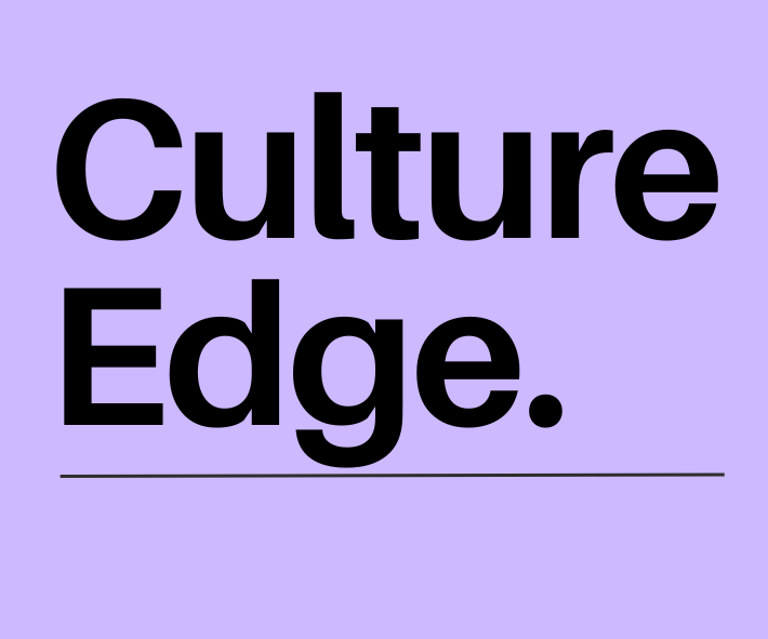Maximising your team’s potential with an effective performance framework
As a business owner or manager in an SME, keeping your team motivated and performing at their best can feel like an ongoing challenge. You’ve got a million things to juggle, and sometimes it can seem like your team is just going through the motions. But what if the issue isn’t a lack of motivation, but a lack of the right support and feedback? In this blog, we’ll explore how to create a performance management framework that boosts engagement, sets clear expectations, and helps your team develop in their career journey.
4/23/20253 min read
One of the most common issues we hear from SME founders and managers is that a team member (or a few) just don’t seem motivated in their role. It’s frustrating, right? Founders often take this personally, assuming their team member doesn’t care about the business or the goals they’re working toward.
We can easily get caught up in assumptions and overlook the human behind the role, especially when they may likely be craving more purpose in their work. Gallup research shows that employees who receive regular feedback (not just once a year) are 3.6 times more likely to be engaged in their role.
Another issue we often hear is this: when we ask founders about the framework they have in place to ensure everyone’s on the same page with responsibilities and KPIs, the answer is often something like, 'We discussed it when the employee started, and the role was clear in their job advert.' Unfortunately, this approach overlooks the long-term, and even the once-a-year performance review just isn't enough.
Without regular performance and feedback conversations, your team probably has no idea where they really stand. They might be coasting through their role with little drive or ambition. In fact, it’s likely doing your business more harm than good. Your team wants your feedback. They need it to grow.
So, what’s your business currently doing to support your employees and help them perform at their best? A strong performance management framework should include:
1. Clear Role Expectations from the Start
Ensure the employee’s role is outlined in full detail, setting clear written expectations from the beginning.
2. Weekly 1:1 Check-ins
Managers should be holding weekly one-on-ones with their direct reports to check on well-being, provide timely constructive feedback, and understand any challenges.
3. Bi-annual Performance Reviews
These should include the option for employees to self-review, along with the possibility of implementing 360-degree feedback from peers and direct reports, depending on your organisation’s needs. It’s also important to clearly define how goals and performance will be measured, ensuring everyone understands what success looks like.
4. Quarterly SMART Goals & OKRs
Establish clear, measurable goals (SMART) and OKRs (Objectives and Key Results) to track progress, improve areas of weakness, and align with career development plans. Career growth doesn’t always mean promotions, it can also mean giving your team opportunities to develop their skills and knowledge.
5. Annual Salary Reviews
Offering an annual salary review shows employees that there’s potential for financial growth and motivates them to perform at their best.
6. Recognition and Rewards Systems
Though not required, creating a system to recognise and reward strong performance will boost retention, keep teams engaged, and encourage high performance.
But What If Your Team Member Still Isn’t Performing?
So, you’ve put all these systems in place, and yet there’s still that one team member who just isn’t hitting the mark. What then?
It’s important to address this in a supportive and constructive way. That’s where a Performance Improvement Plan (PIP) comes in. A PIP is not meant to punish or discourage; it’s a tool designed to help employees reach their full potential and meet the performance standards required.
The goal should always be to help the team member improve. But, sometimes it just doesn’t work out. If the situation isn’t improving despite your efforts, you may need to seek professional HR support.
Need Help Developing Your Performance Framework?
We can help you develop a performance framework tailored to your business. From assessing how your business currently manages performance to creating the right systems, tools, and templates for performance reviews, SMART goal setting, 360-degree feedback, and PIPs, we’ve got you covered.
We’ll also help you set up a performance policy so your team knows when and why the system is in place, and even help you design performance bonuses that motivate your team to deliver their best.
Ready to take your team’s performance to the next level? Let us help you build a framework that drives results, boosts engagement, and supports your business growth.
Culture Edge acknowledges the Wadawurrung People of Djilang (Geelong), where we’re based, and the many First Nations across Australia where we work. We’re committed to listening, learning, and helping create respectful, culturally safe places to work.
